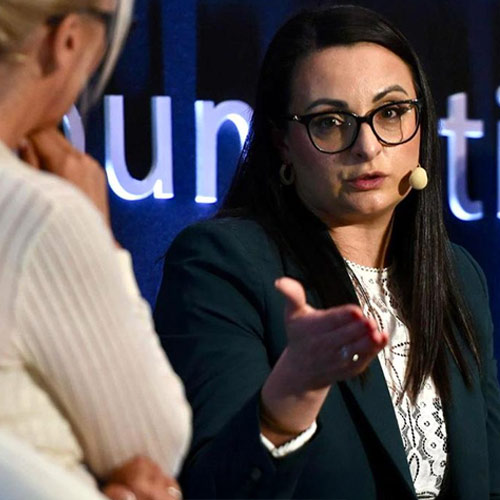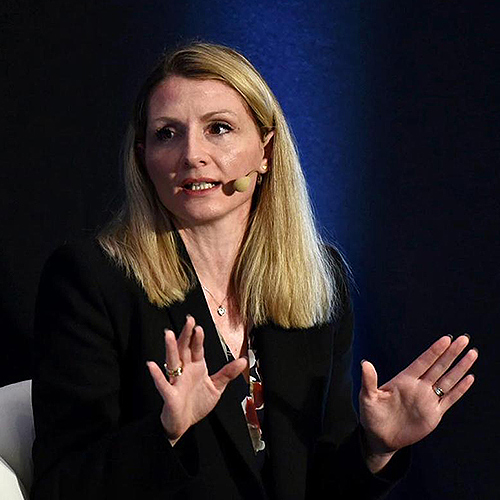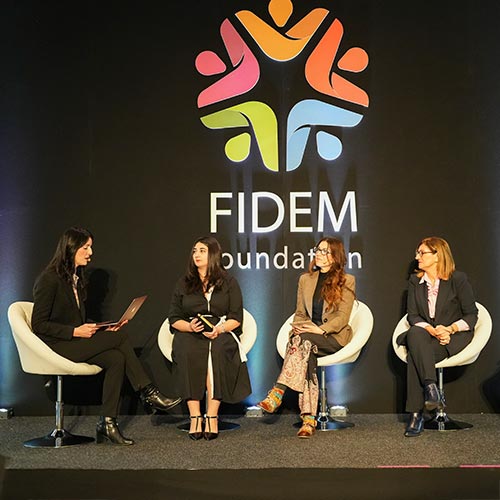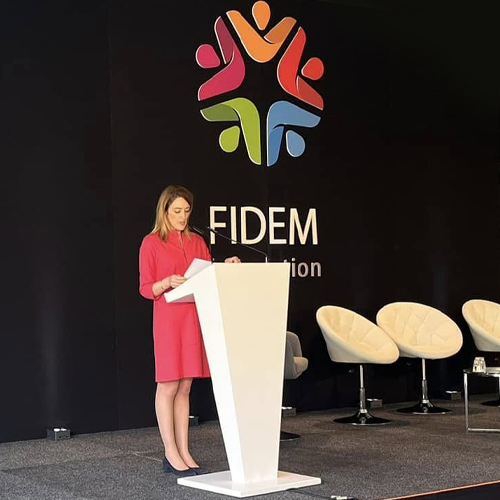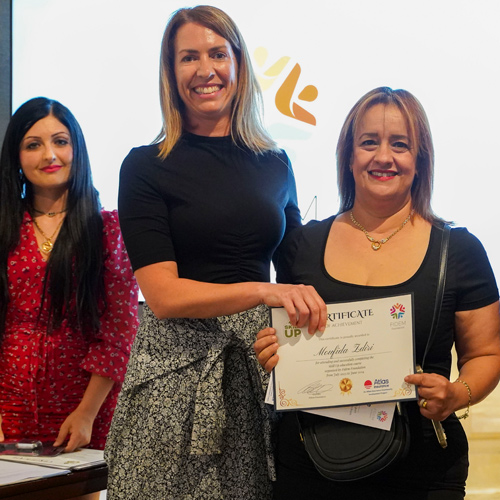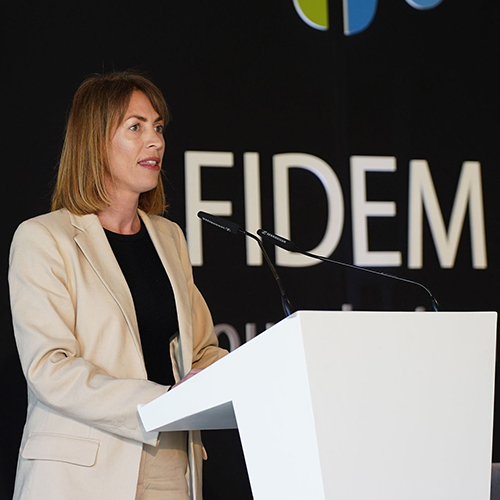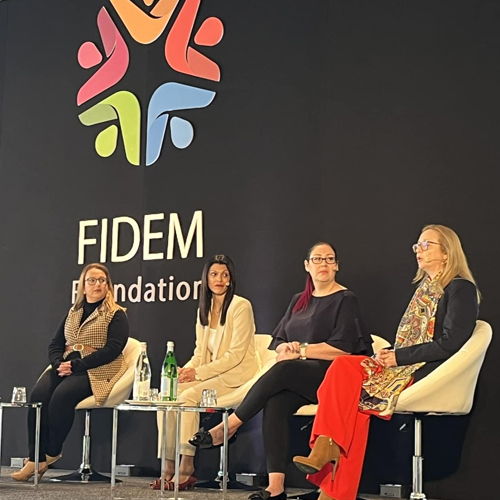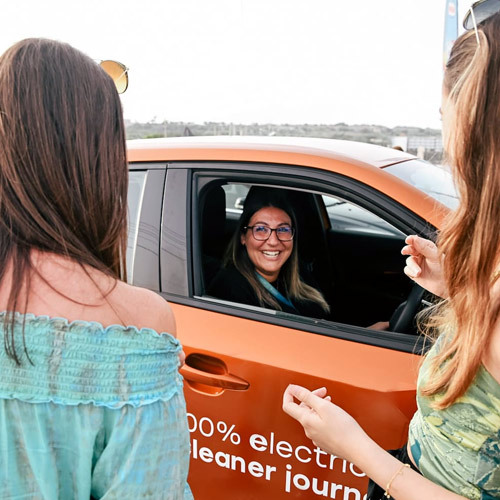Four years ago, Malta celebrated a milestone in female labour participation when it surpassed the EU average, reaching 67 per cent. It wasn’t even the final threshold. That figure continued to grow, despite the turmoil of the pandemic, hitting almost 74 per cent in 2022. That’s great.
But that’s not the end of the story. Free childcare for children aged between three months and three years was likely one of the driving factors of this success story but even Jobsplus concedes that there is “still room for improvement”, especially with regard to the lack of participation within specific age cohorts and the need for measures to address the gender pay gap.
Christine Lagarde (now president of the European Central Bank) famously once said: “If women’s employment equalled men’s, economies would be more resilient and economic growth would be higher.” And we all agree that facilitating female participation in the labour force is a number-one priority not just locally but everywhere.
And this is why the United Nations chose the slogan ‘Invest in women: accelerate progress’ as its theme for this year’s International Women’s Day. The UN highlights an “alarming $360 billion annual deficit in gender-equality measures by 2030”. Furthermore, it insists that investing in women is a “human rights challenge, benefitting everyone”.
“Achieving gender equality and women’s well-being in all aspects of life is more crucial than ever if we want to create prosperous economies and a healthy planet,” states the UN.
We heard their call. And we want everyone else to hear it too. Fidem Foundation has been empowering women for the past five years, giving them access to education that would literally change their life. It’s a drop in the ocean. Our small contribution.
We know what a difference a training course can make to a woman who left school with no qualifications and is struggling to find a job that will pay the bills, especially if she is a single mother.
That is why, on March 8, International Women’s Day, this year Fidem is once again bringing together the great and the good, the academics and the policymakers, the thinkers and doers, women and men under one roof to discuss but, hopefully, and more importantly, to kick-start change.
We need more. How can we empower women to participate more in the economy? What is holding them back? How can we ensure that women receive equal access to education, new skills, new technologies, management positions and benefits? How can we ensure that workplaces are safe for all and promote equal pay?
Women still face the dilemma of choosing between having a career or having a family. Is it possible to have both without compromise? Can the work environment be flexible enough for women to juggle both a career and motherhood? Should there still be a stigma around women who choose to be ‘just’ a housewife?
And what is the role of fathers in this scenario? How can we encourage leadership roles for women? How can we support women’s initiatives in business and women’s organisations? How can we ensure that grassroots women’s organisations are properly funded?
These are some of the questions we want answered on March 8. We would like everyone to join the conversation, to have their voices heard and ask their own questions.
But, ultimately, we do not want Fidem’s Women’s Day Conference to be just another ‘talking heads’ event. We want this to be the first day of a new chapter in the long road for women’s empowerment in Malta.
Because whatever decisions policymakers take about Malta’s future, we need to count women in.
This article was published in the Times of Malta on 25 February 2024 - click here
.png)
